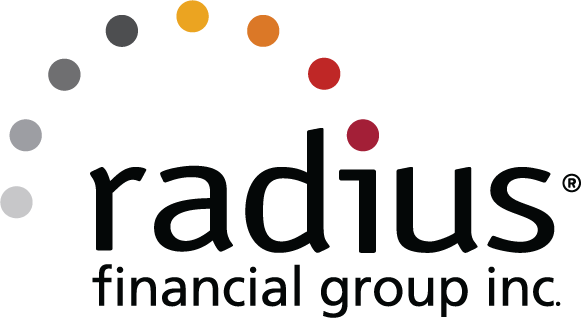Understand Your Starting Point
Before you do anything, you should take a look at your current financial situation and make sure you’re prepared to add a mortgage to your plate. When considering your mortgage application, lenders look at your credit score, debt-to-income ratio, employment status, and cash reserves. According to a report from the National Association of REALTORS, the top reasons mortgage lenders denied buyer applications were debt-to-income ratio, followed by credit score, so pay special attention to these two numbers.
Knowing Your Credit Score
If you’re not sure what your credit score is, there are a few different ways to check it without causing a drop in your score. Some credit cards provide free estimates for account holders. You can also request your credit score once annually from each of the big three credit agencies: Experian, Equifax, and TransUnion.
Your credit score is important to lenders because it gives them an idea of how big of a risk you are. Those with good credit are considered more likely to repay the loan than those with low, or poor, credit. Scores above 620 are usually considered prime, while scores below 620 are considered subprime. If you have subprime credit, you will likely have a harder time securing a mortgage loan, but it’s not impossible. Government-backed mortgages, like the FHA or USDA loans, allow for lower credit scores. If your score is subprime, you may want to hold off on buying a home and work on increasing your score, because those with higher scores typically receive lower interest rates. You can improve your credit score by:
- Signing up for a credit card and regularly paying it off
- Increasing your credit limit or spending a smaller percentage of your limit each month
- Refraining from making any major purchases
- Avoiding any hard credit checks, which occur when you open any new lines of credit
Saving Up for a Home
Another major hurdle for prospective homebuyers is saving enough money for a down payment. Although 20 percent of the purchase price is commonly cited as the minimum down payment needed, this is absolutely not required. A down payment of as little as 3 percent can get you into the home of your dreams, although you will most likely have to pay a mortgage insurance premium if you put down less than 20 percent.
In addition to the down payment, you also need to cover closing costs, which average between 2-5 percent of the loan amount. Closing costs include things like a home inspection, appraisal fee, application fee, property taxes, and title fees. To get a better idea of whether you can afford a mortgage, plug your information into a calculator. You’ll want to make sure you have additional savings left over after accounting for a down payment, closing costs, and a few months of mortgage payments in case any unexpected expenses arise after you move into your home.
If you’ve done the calculations and realized you need to save more money before buying a home, there are several ways to quickly grow your bank account:
- Use automated tools and apps like Acorns, Simple, and Qapital to help improve your saving habits and grow your money through small investments.
- Track spending and cut unnecessary expenses. Log every expense, no matter how small and eliminate things like subscriptions you don’t use and things you don’t need (think: extra clothes, the newest electronics, and eating out).
- Refinance any current loans, such as your car payments and student loan debt; 51 percent of all buyers surveyed by NAR responded that student loan debt delayed their saving for a down payment or home purchase. By refinancing your loans, you can save money and lower your debt-to-income ratio.
Getting Prequalified
Once you’ve gotten your finances in order, the next step is to meet with a lender and get prequalified for a mortgage loan. During the prequalification process, a lender will take a general look at your financial information and give you a ballpark idea of how much money they might be able to loan you. This process can be done in person or online through the radius online portal.
Getting Pre-Approved
Once you’ve decided to move forward with the mortgage loan process, you should get pre-approved for a loan. Pre-approval is essentially a solidified version of a prequalification, and it requires a hard credit check and a review of all your financial information by an underwriter.
Pre-approval is all but essential if you want sellers to take your offer seriously, especially if you’re in a competitive real estate market. It’s important to note that a pre-approval is only good for 60-90 days, so you’ll only want to complete this process when you’re ready to actively search for a home. It’s also part of the reason why you shouldn’t engage in activities that will risk your pre-approval, such as:
- Making large purchases that will lower your credit score
- Leaving your job
- Taking on additional debt
During the prequalification process, a lender will need to see relevant documents that prove your income, such as:
- Your two most recent pay stubs
- Two years of your most recent W-2s or 1099 forms
- Your two most recent bank statements
- Monetary gift letters, if applicable (for example, proof of money given to you by your parents)
Any income you report on your taxes will be looked at, meaning unreported income from a side hustle does not count toward qualifying you for a home loan, unfortunately. Loan officers recommend meeting with a financial planner or filling out a budget sheet to see what your true expenses are on a monthly basis and determine whether you're in a good position to add a mortgage to that.










